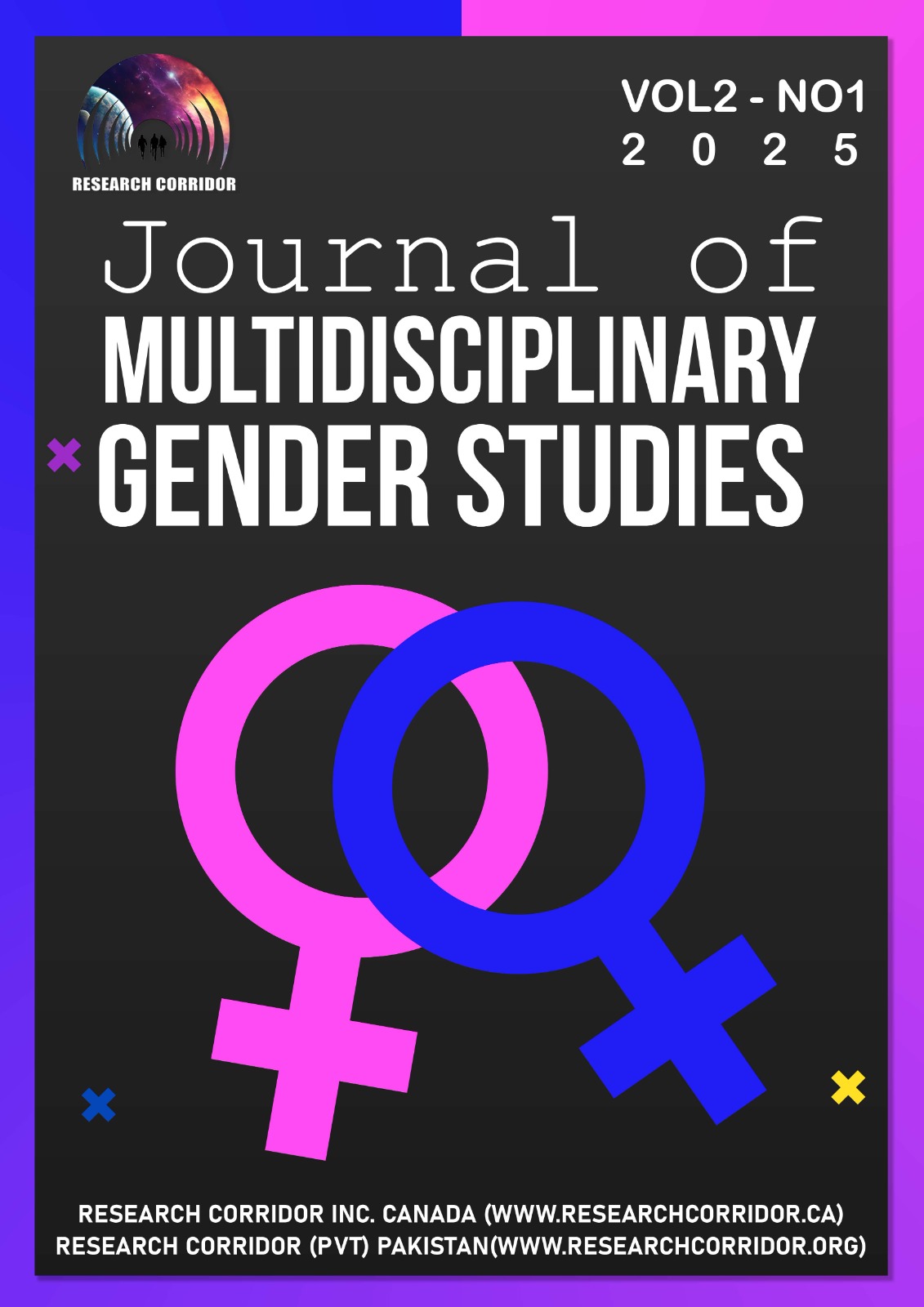Intersectionality in Action: Analyzing Gender, Class, and Race in Contemporary Social Movements
Keywords:
Intersectionality, Social Movements, Gender, Class, Race, Activism, Digital Activism, Systemic Inequality, Coalition-Building, Grassroots Leadership, Social JusticeAbstract
Intersectionality serves as a crucial analytical framework for understanding the interconnected nature of social categorizations such as gender, class, and race in contemporary social movements. This study explores how intersectionality shapes activism, highlighting the unique challenges faced by marginalized groups and the ways in which movements address systemic inequalities. By examining case studies of feminist, labor, and racial justice movements, the research underscores the importance of recognizing overlapping oppressions in order to foster inclusive and effective advocacy. The paper also considers the role of digital activism in amplifying intersectional perspectives and the limitations of mainstream movements in addressing the nuanced experiences of individuals at the margins. Findings suggest that while intersectionality enhances the inclusivity of social movements, persistent structural barriers often hinder meaningful coalition-building across different groups. The study emphasizes the need for grassroots leadership and policy-driven change to achieve long-term impact. Through an interdisciplinary lens drawing from sociology, gender studies, and political science, this research contributes to ongoing discussions on how intersectional approaches can redefine activism in the 21st century. The paper concludes that contemporary social movements must integrate intersectionality not only as a theoretical concept but as a practical strategy to dismantle systemic oppression and achieve lasting social justice.





